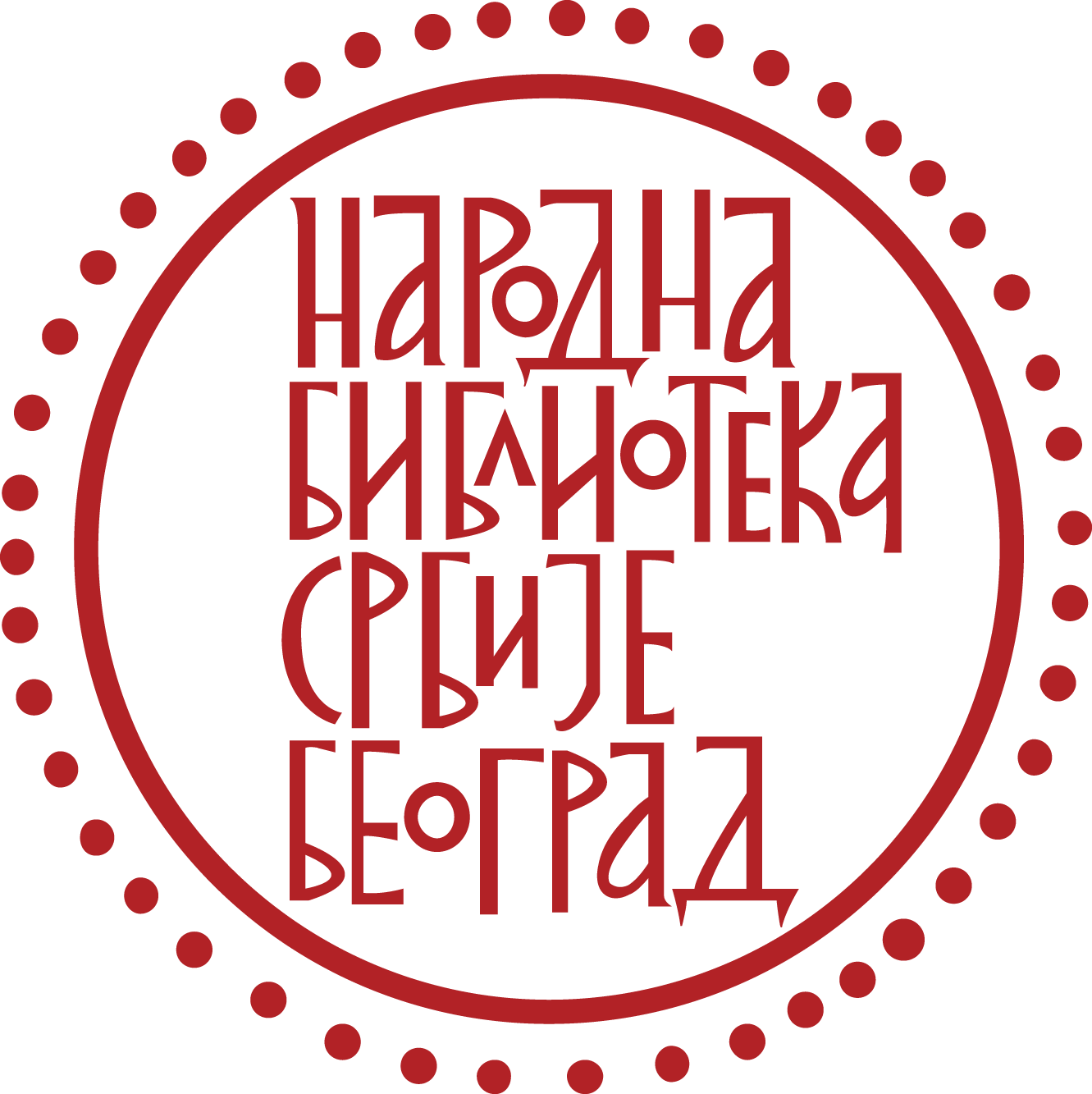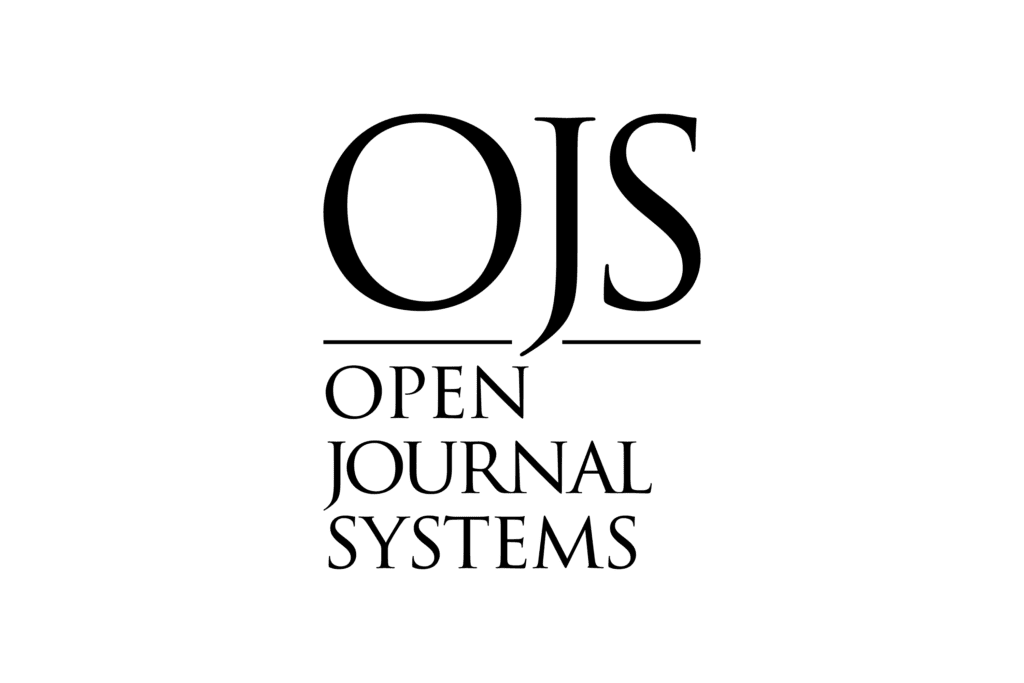"The War was, for me and no doubt for everyone else, the highest form of education": the First World War in the Works of Danica Marković
Keywords:
World War I literature in Serbia, Serbian women writers of the First World War, World War I testimonies in Serbia, Danica Marković, The Toplica uprising in literatureAbstract
The position of Serbian women writers regarding the First World War is a specific issue and one that has largely been left unexamined. There are several reasons for this; some of them are political, some are literary. First, the war had a distinctive character in Serbia – it was considered as the final stage in the process of Serbian national liberation, which culminated, or at the least, was intended to culminate, in the creation of a new, multinational state – making it extremely difficult to draw direct comparisons between Serbian women's engagement in the war and that of other nations'. Second, Serbian women writers' arrival on the literary scene in the pre-war years had a decisive influence on their writing, limiting them to genres, themes, and forms, traditionally linked to "feminine" values. It cannot be easily assessed to what extent the experience of War shaped their subsequent literary choices, and generalizations should, if possible, be avoided. However, by examining individual cases, we can maybe arrive at a better understanding of the multifaceted reality of World War I. This paper attempts to do so by examining the involvement of Serbia's most distinguished pre-war poetess, Danica Marković, in the 1917 uprising against the Bulgarian authorities, and the account of this experience in her poem "Twelve thousand" and her testimony "Impressions from the Toplica uprising".











